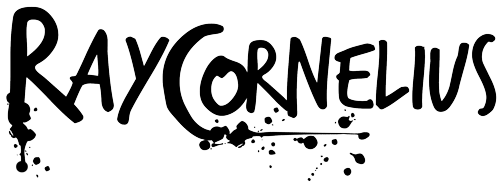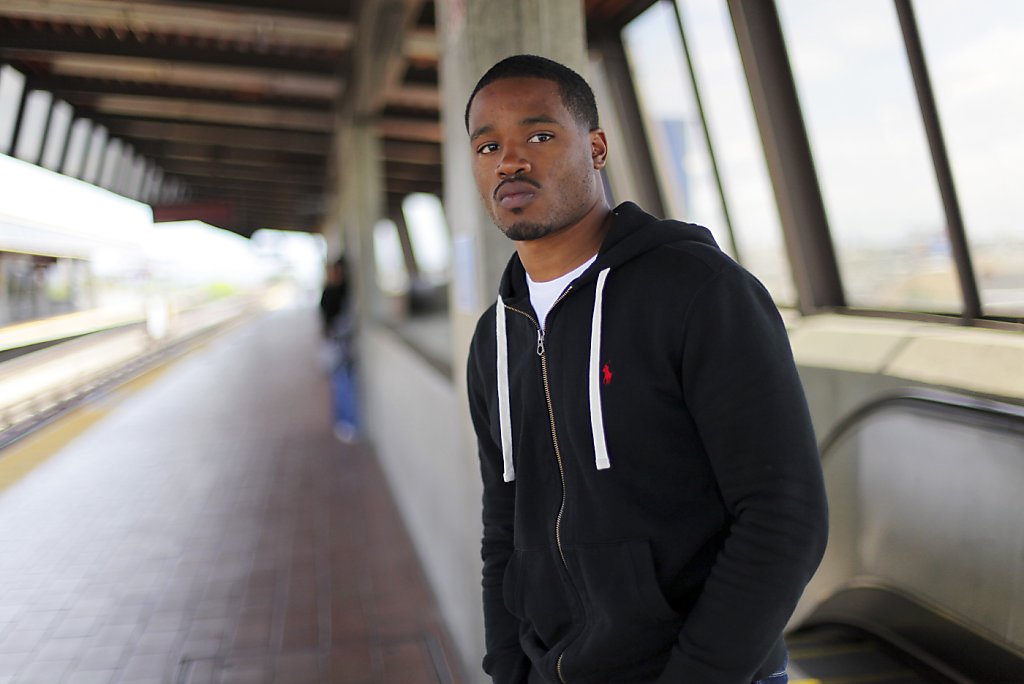Director Ryan Coogler at Fruitvale Station/Photo Credit: www.sfchronicle.com
Written by | Ray Cornelius
By now, many of you have seen Fruitvale Station. The new indie film recounts the last 24 hours of Oscar Grant, the 26-year who was shot to death on New Year’s Eve 2009 at the hands of a San Francisco Bay area transit (BART) officer.
Like me, I’m sure the film’s opening scene caught audiences off guard with the actual footage of Grant’s shooting recorded on a cell phone. One minute Grant is up against the wall with his friends trying to explain to the police why they were not the main that culprits of a train fight. The seemingly next minute Grant’s face is on the ground with one officer in front of him and another holding him down while he pleads for his life. Then the sound of a single gunshot followed by screams and a stunned crowd of witnesses who can’t believe the police just shot Grant. Again, the entire event was documented on cell phones by several train passengers. It’s a scene that many can’t even fathom witnessing nor will not soon forget.
But what if there were no cell phones that fateful night to capture the event? What if this entire scenario wasn’t recorded, would we even have ever been made aware of what occurred at Fruitvale Station?
These are the questions I posed to the film’s director, Ryan Coogler, during a recent Q&A he attended with Atlanta press. Fortunately I had the privileged of seeing the film before interviewing him and was intrigued by his creative usage of telling Grant’s story through his cell phone via calls and texts.
Minute by minute, each phone call Grant made and text he sent told us a little more about his character–his history, his final involvement with loved ones, friends and even encounters with strangers. Coogler openly admits what an integral role social media played in Fruitvale Station, describing social media as the ‘connective thread’ he used to weave the entire film with.
“It (social media) was something that came up from the research and artistically. Cell phones obviously played a huge role in Oscar’s fate. Had this not happened in 2009 when people didn’t have recording devices in their pockets on New Year’s Eve to capture the fireworks, we probably wouldn’t be sitting here talking about Oscar Grant? So cellphones had a role,” explains Coogler.
This also led me to ask Coogler about whether the various encounters Grant has with certain people were real…like a young lady he met at the fish market that he gives his phone to so that his grandmother can share a fish recipe with her. In the film, this young lady turns out to be the main witness on the train recording Grant’s shooting. Coogler confirmed that she was real but was a combination of two different encounters. One of whom Grant met at the fish market and another young lady he met earlier in the day. Each of their single encounters led them to be a part of Oscar’s final hours.
“Connection was a theme in the film,” said Coogler. He shared that in talking to Oscar’s family members, who looked at the video, they said he was on the phone with Sophina, seconds before he’s shot. Grant was a guy who called his mom, five or six times a day. He was constantly texting everybody. “That’s just how we connect with each other in this day and age.”
Fruitvale Station is currently in theaters and stars Michael B. Jordan and Octavia Spencer.
Ray Cornelius pictured with Ryan Coogler during ATL press conference/Photo Credit: CourtneyLuv.com


